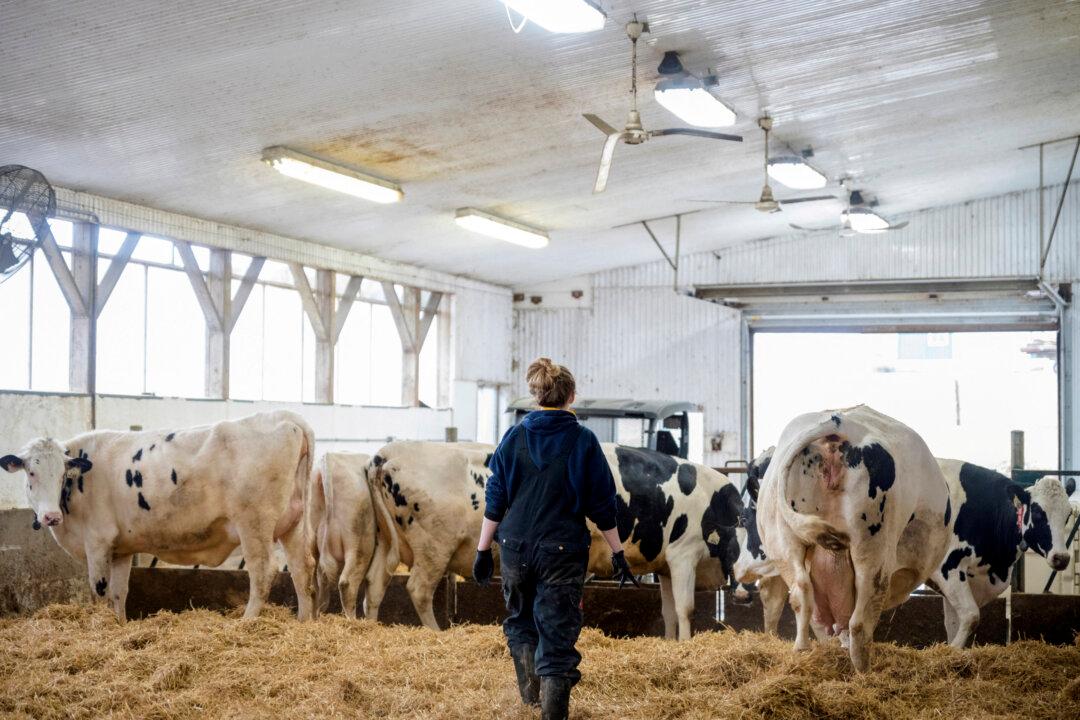Nearly three-quarters of Canadians support a carbon tax exemption on natural gas and propane for farmers, according to a newly released poll.
A Leger poll found that 70 percent of those surveyed are in favour of farmers receiving more than the current carbon pricing break on gasoline and diesel. They say the farmers deserve the same relief on their natural gas and propane bills.





